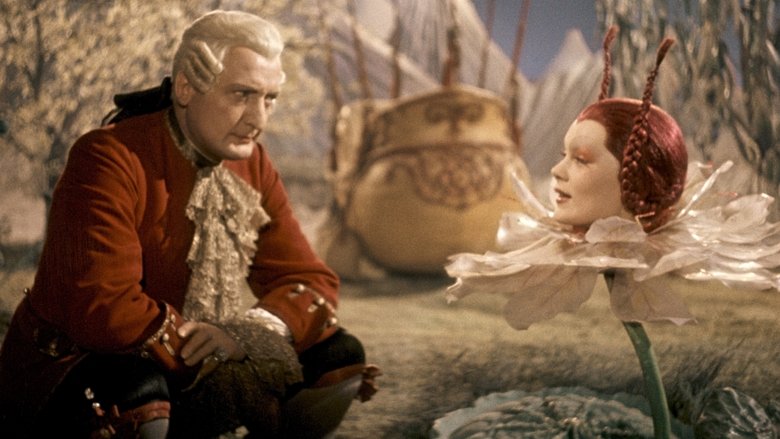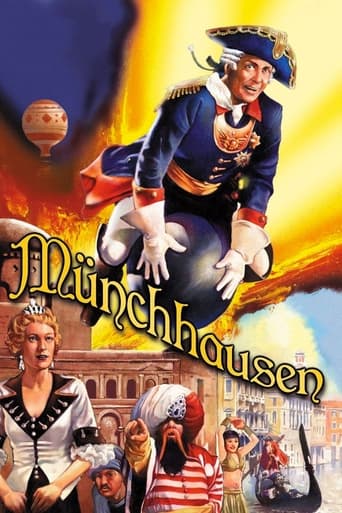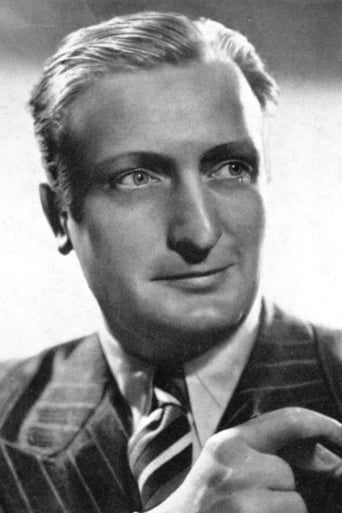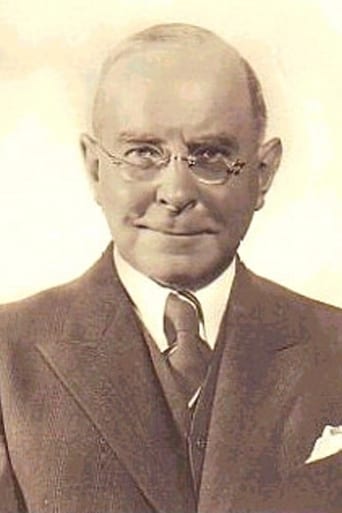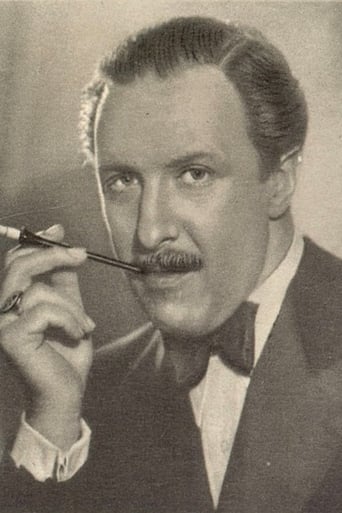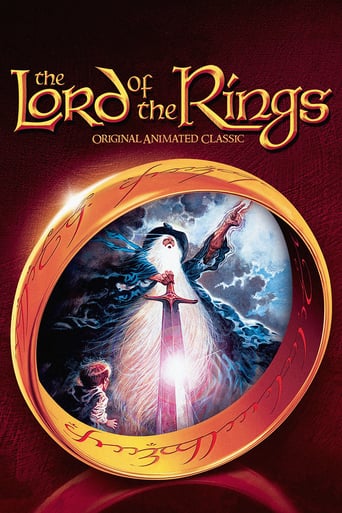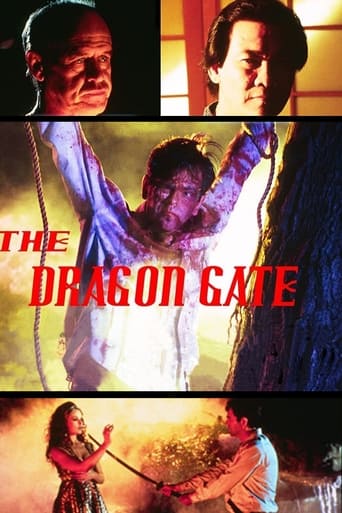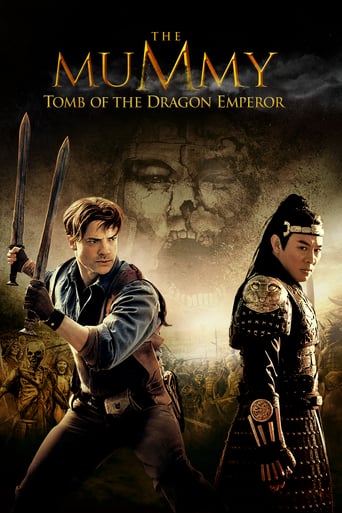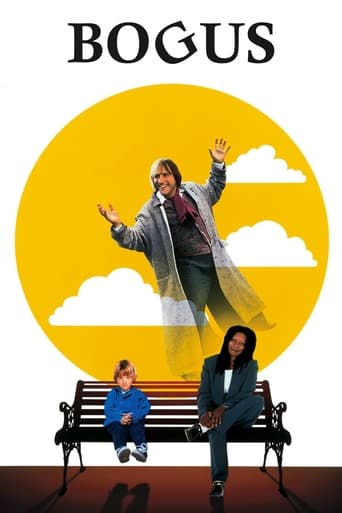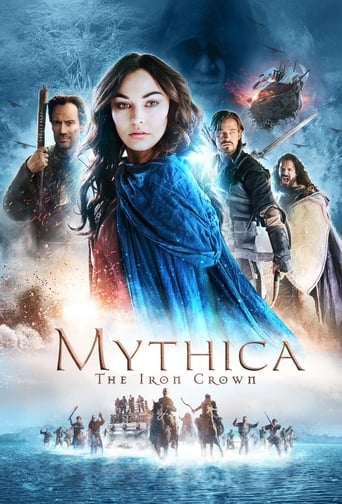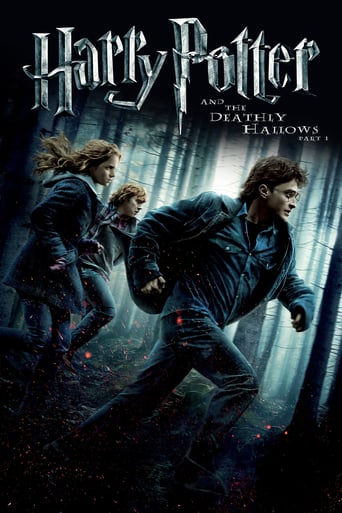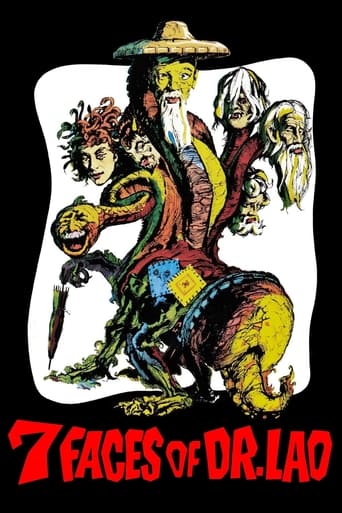Münchhausen (1943)
Wanting a lavish production to mark the 25th anniversary of UFA, the German film studio, Joseph Goebbels, director of the Nazi propaganda machine, commissioned an adaptation of Baron von Münchhausen‘s “autobiographical” stories. Baron von Münchhausen (1720-97) was an eccentric figure in European history, whose tall tales about his adventures rival anything to be found in the legends of Paul Bunyan or classic figures like Odysseus. This film recounts some of the episodes from the Baron’s sensational stories, which are set in the world of the 18th century.
Watch Trailer
Free Trial Channels
Cast


Similar titles
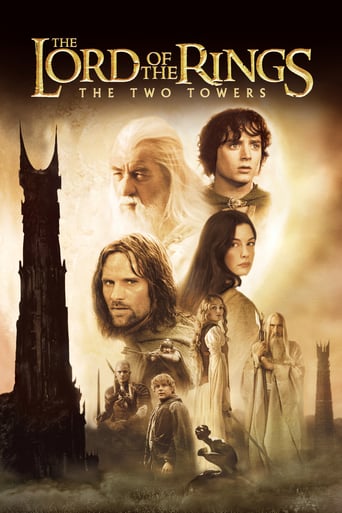
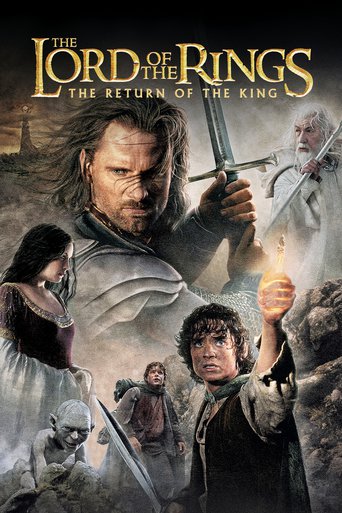
Reviews
Save your money for something good and enjoyable
Nice effects though.
Intense, gripping, stylish and poignant
Fantastic!
This is Josef von Báky's "Münchhausen", a German film from 1943, so this one is almost 75 years old. And you can't deny that it is ahead of its time in terms of visual effects, costumes, art direction and set decoration and last but not least the use of color. But the result is as well that the film, in my opinion, almost entirely relies on the stylistic side here and it does not deliver a story that is on par. Münchhausen is a character that is still very well known today, at least here in Germany and here we find out about his adventures that lead him as far as to the moon. This 110-minute movie is possibly the defining career role for lead actor Hans Albers, one of the biggest (if not the biggest) stars in German film from his era. If you see the year 1943, you will realize that this film came out during World War II, when the Nazis were still in charge. Nonetheless, compared to the despicable propaganda films that came out at the same time, this movie is pretty much entirely apolitical, which I find positive and surprising. The German population certainly needed some comic relief in the face of the possibly darkest days in history. And they may have received it thanks to how stunning this film looks. Good for them. But for us, not so much. I cannot say that this film has aged particularly well, even if the moon sequences were sort of memorable. All in all, it turns out a forgettable case of style over substance that lacks a lot in terms of story-telling. In my opinion, the film dragged way too much to let me recommend it. Watch something else instead.
I first saw "Münchhausen" in my native Romania as a child during the war (I mean WWII) and the scene of the baron's landing on the moon and having a conversation with the head, lying on the ground, of a woman who left the rest of her body in her lunar home, made such a powerful impression on me that to this day I remember it in all its funny details. It was also the first movie in color I had ever seen; yes, those were the days when movies, as a rule, were in black and white. Revisiting the movie now, as a euphemistically labeled "senior citizen," I was surprised that it holds up quite well. It amuses, it surprises, it is well acted, the dialog is clever, written after all by the famous novelist Erich Kästner under a pseudonym to cover up the fact that the Nazis saw themselves forced to employ him after burning his books. There is something quite disturbing in hindsight about this movie. Why was it made? It was released in the year between the Battle of Stalingrad and the Allied Normandy Invasion the two events that were to seal Germany's fate. Was it an attempt to sustain both at home and abroad the far-fetched illusion that the war was going so well that all the German people cared about was laughing at the Baron Münchhausen's lies? Or was it an attempt at showing that Babelsberg could produce a grand spectacle just as well as Hollywood? And if a spectacle was being offered, why, in a country in which mass murder and deception were the order of the day, was even the hero to be a liar?I am asking these questions because much in this movie is disturbing for reasons related to them. Take the Baron himself, played in this movie by Hans Albers, the greatest star, the Clark Gable of German movies in those years, yet by the time of this movie a man in his fifties pretending to be irresistible to females. It is as if MGM had cast an aging Adolphe Menjou as Rhett Butler in "Gone With the Wind." Now Albers is a fine actor, but to enjoy the movie you definitely have to suspend disbelief and pretend that the aging actor riding the cannonball is not bothered by arthritic pain. The sets look more like cheap nouveau-riche furnishings and the costumes are cut from wartime stock. Ilse Werner, as Princess Isabella d'Este, is as beautiful as ever, and as Count Cagliostro we get to see Ferdinand Marian, the actor who just a few years earlier had disgraced himself by playing the lead in "Jud Süss," the most disgusting anti-Semitic propaganda film ever made, a fact that ultimately led Marian to alcoholism and a DUI death at war's end, considered a suicide by many. Now, one can say, let's just watch the film for what it is, and not in its historic context. But then, Marian's acting of Cagliostro, a swindler, is crafted with the same mannerisms he used in creating the Jew Süss. In short, the undeniable artistic qualities of this movie are infected with the severe moral deficiencies of its makers, and this surprisingly renders the movie more interesting than it has any right of being. This is what disturbs me.
Some claim that this film was made to boost sagging Nazi morale as their world conquest began to falter in early 1943. Please, people, think a moment. This film took two years to make, so if it was released in spring 1943, it would have gone into production in early '41, when the Nazis were still on the rise toward their late 1942 peak of conquest. Plus, the pre-production must have taken a while also, so this film probably started in the conceptual stage as far back as 1939 or 1940! Munchhausen has a swashbuckling feel - with cavalier characters performing outrageous stunts with seeming effortlessness. The funniest is the runner who zips through the countryside like a rocket and isn't even out of breath when he stops. Hans Albers is both good and bad as the lead. He is clearly too old to fit the description of an eternally young man (the jowls alone are a dead giveaway), but his coolly aristocratic and macho bearing seem to suit the type he is playing, so you are able to go along with it. The casual female nudity in the harem scene is another reminder of how advanced over Hollywood the European cinema was in its attitude toward the body. The film's depiction of blacks is no more or less racist than Hollywood's at the time.Although scene flows quickly into scene - there is nevertheless a tedium about the whole business, perhaps because the emotional tone within the scenes is so cool and so talky. No one seems to feel anything very deeply, so it's hard for the audience to feel anything much either. All we can do is applaud the sumptuous set pieces, the endless stunts and cleverness, and chuckle at the silly "magic tricks" like the clothing that dances or the ointment that makes mustaches spring from clean-shaven faces or the gun whose sight can see a target many miles away.
The Nazis took film making very seriously. It was one of the many areas covered by the Ministry of Propaganda led by Joseph Goebels. In 1943, Germany was beginning to face defeat and Goebels decided to make a comedy, drama like the Americans were able to accomplish, like, "Wizard of Oz" and many other films. I decided to view this film and find out just who Baron Munchhausen was and why they picked this person to make a film about. It seems Munchhausen pretends to be 200 years old, narrates his supposed travels and fantastical experiences with his band of misfits. He had hunting adventures, his experiences in the Turkinsh wars and an account of his incredible travels--be it on the Ocean, the Moon or in a Volcano and in Venice. I was surprised in one adventure that they even showed women bouncing around near a pool Topless, hardly a Walt Disney film or American entertainment in the 1940's. Hans Albers, (Baron Munchhausen),"Carl Peters",'41 played an outstanding role and was a good actor. However, just knowing that Joseph Goebels, who was the promoter of this film, gives me the creeps. Goebels hated everyone in the world except Germans and the Jewish people who were his main target. This sure is a Nazi circus of a film which is the complete distortion of what that country stood for during those war years. Thank God America WON !

